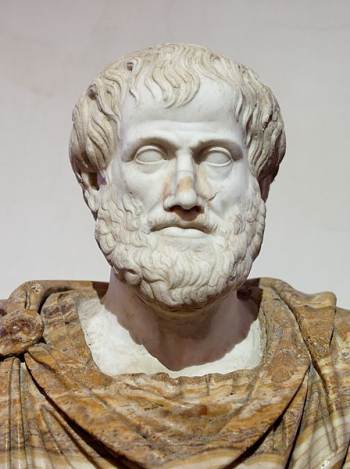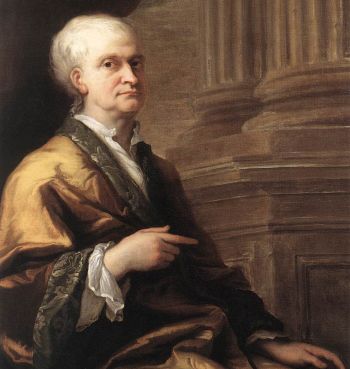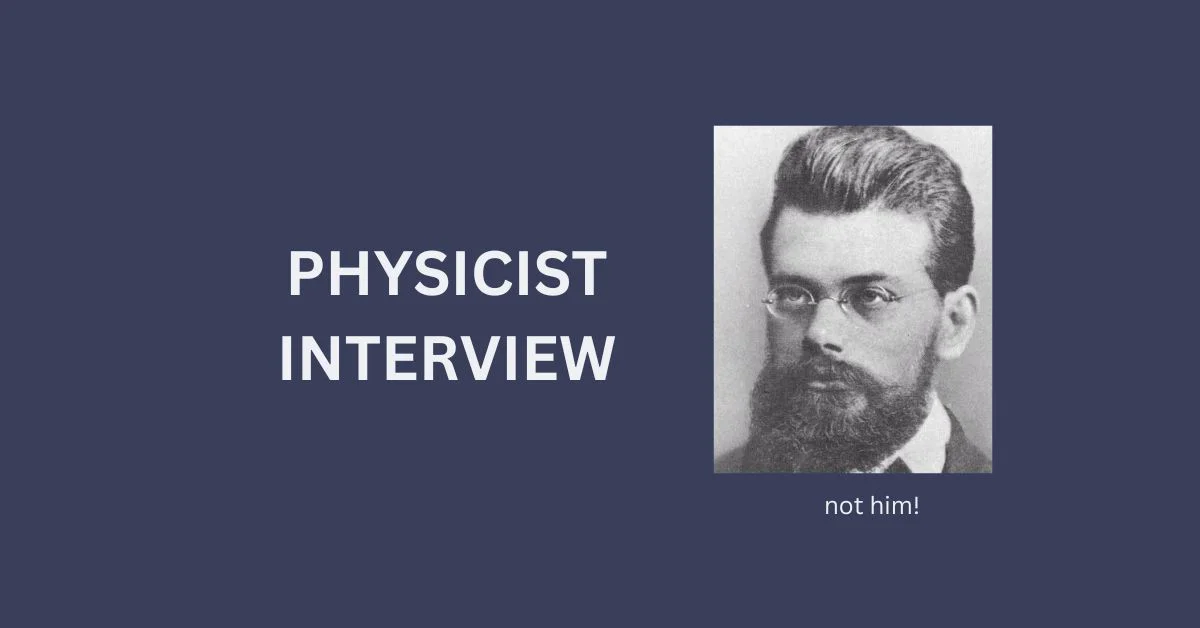I remember once that I was in a lab, measuring the viscosity of a liquid by taking measurements on the speed of metal balls falling through a tube filled with the liquid.
The equation to describe this assumed the ball was falling in a big pool of liquid, away from the walls of the container, and this wasn’t the case, of course, since it was a rather fine tube.
To account for that, a correction had to be made. It was a multiplicative factor, and my lab tutors were insisting that we made a correction to the experimental data so that they matched the model’s prediction.
Mathematically, that is equivalent to multiplying the model’s prediction by the inverse of that factor, so why on Earth would you “correct the facts” to fit the model instead of correcting the model to fit the facts?
Well, they insisted thoroughly. At least they could have told me it was all the same and they didn’t care, but they didn’t. They insisted that I corrected the data. And I did not.
I corrected the model. And I think they gave me a lower grade for that, and I happily accepted it.
I think it’s not very hopeful if there’s only one person appearing in good experiences, so here’s another one.
I enrolled in History of Physics, which sounds like a sensible and interesting thing to do, right?
Well, the lecturer hadn’t realized that knowing history does not guarantee that you know philosophy, so she messed up saying that Newton brought Rationalism into physic. Which is, wow, a horrible thing to say. I think she meant to say that he intended to use reason.
Anyway, she once asked a loaded question, assuming that determinism in physics (the idea that nature acts in specific ways and never causelessly) somehow implied that there was no free will.
I was looking through the window, listening to my classmates jabbering one after the other. It was a damn horrible show. And then, among those incongruent rationalizations and pointless mumbo-jumbo, a girl challenged the lecturer’s premise implicit in the question. I quickly turned my head to find that heroine of the moment.
That was pretty much the end of it, nothing followed from there, but it was good to see someone able to question the premises thrown at her instead of playing logical chess with unchecked premises.
And this is yet another story: I took part in a debate where a group of students antagonizing modern quantum mechanics tried to spread out some interesting results that have been coming up in recent years. Most of the audience still favored quantum woo, but some people were impressed.
A couple years ago a classical system was set up in a completely analogous way as that of a quantum particle in a confined region, and the results matched perfectly.
So, I think people are slowly discovering that there is so much more classical physics to quantum physics than modern physicists would like to accept.

So, if you want to pick up an inspiring story, this last one is the one that most inspires me.
Ashna: Actually, that is a good point. I have noticed an upsurge in interest in applying classical ideas to quantum physics and an increased interest in alternatives to the Copenhagen Interpretation.
I don’t know if it is a just relatively few in the field or if it may be a more significant thing than I realize. Nor am I too sure what is causing it.
I haven’t been following it very closely at the moment, so I don’t know if it is a trend still going strong.
Juanma: Actually, I have gotten impressed in my MSc, because it quite a different topic than quantum physics. But, apparently, there is more to it than we thought in the beginning because of Markov Chains and the probability evolution of systems which are deterministic but not fully understood or not easily trackable because maybe they have many components. And are so deemed as random processes.
There is a lot of theory around these systems which resembles or matches Schrodinger’s Equation and wave functions. So, there is a lot to be understood of the probabilities in quantum physics by means of these probabilities which can describe any sort of event.
For example, the probability of extinction for a particular species in an ecosystem. Which is not only a classical concept but even a non-physical one, because it is about animals eating each other.
So yeah, apparently, this theory has brought up a lot of interesting ideas that may extend the realm in which Schrodinger’s Equation was originally conceived. I’m not sure, but maybe this has advanced attempts to find classical correspondence to quantum concepts. And they have been quite successful thus far.
Ashna: I guess it helps that a lot of physicists are cruising on philosophical inertia. They dont really care that much about the philosophies that they are applying. There is no real passion or interest in the philosophy. So, to some extent, they can absorb a few better ideas here and there.
They don’t understand the philosophies they are applying.
Juanma: And they will even think the philosophies are irrelevant, while they are actually using it implicitly. So, that makes them even more clueless. They don’t even know that there is a problem to be solved in their philosophical viewpoints.
20) Which do you think is more or less rational, as practiced today? Math or physics?
Huh, this is an easy question. Mathematics is way, way more rational. Mathematicians keep a healthy sense of curiosity and they care about ideas and conceptual understanding beyond symbols. Physicists, as you just said, are much more careless about that.
For example, a paradigmatic example of this is the infamous statement that the sum of all positive integers somehow gives minus one over twelve.
It’s mostly physicists that enjoy dazzling their audience with this (and that should ring a bell if you remember how they favor nonsensical interpretations in quantum mechanics just because they look mysterious).

Instead, a proper mathematician, and I say proper, will hack this confusion into pieces by stating the simple truth, which is the job of a proper mathematician, by the way.
What happens in this particular case, is that the function which gives that value cannot be associated with an infinite sum in that case because that infinite sum representation of the function is valid for arguments strictly greater than positive one, actually, real numbers, and the argument giving minus one over twelve is negative one.
So, this infinite series representation does not apply to that argument. But, physicists prefer not to say anything about that, they conveniently omit it because it somehow spoils the fun, I think. So then they can keep the magic alive that somehow such an apparent contradiction could hold in the real world.
Ashna: If I remember correctly, that silly equation you mentioned originally came up in the context of string theory.
Juanma: Yeah, it is true. They get these infinite matrices. And there are the positive integers on the diagonal. So, they want to characterize the matrix by its trace, which is the sum of the elements in the diagonal. So, of course, they get the sum of all the positive integers.
Outro
That was the last question in this interview. There was more to his answer, but unfortunately, the audio in that part is very difficult to make out, so it was cut out.
So, that brings us to the end of this episode. Thanks for your very thoughtful and interesting answers, Juanma! We cannot wait to have you back on the show in the hopefully not very distant future!
Remember to check out the website and subscribe if you like our podcast, or follow us on Facebook or Twitter to get the updates!
You are welcome to send in questions about any of the things talked about in this episode or about irrational stuff in physics or the philosophy of science in general. Send them to questions@dwaynedavies.com.
Thanks for listening! Please tune in for the next episode and start thinking of some questions! Until then, stay rational!

